Module 02 - Curated AI Academic Research Tools
AI Academic Research Tools
For academic researchers, sifting through the overwhelming amount of research can be a challenge. To help with this, there are AI tools tailored to their needs. We have provided a brief list of the most relevant AI tools for the academic community.
These tools are invaluable in a world where academic knowledge is growing rapidly, making it easier for researchers to access, understand, and stay updated in their fields. Please submit any new suggestions!
Table of Contents
- AI Academic Research Tools
- General AI ChatBots
- Chatbots Geared Towards Academia
- Literature Review
- Gauging Research Consensus
- AI-Powered Flowchart Tool
- References
General AI ChatBots
General AI chatbots provide versatile assistance for various research tasks, from answering questions to offering research guidance.
- OpenAI ChatGPT
- General AI chatbot
- Accessible in any browser upon sign-in
- Free and paid tiers
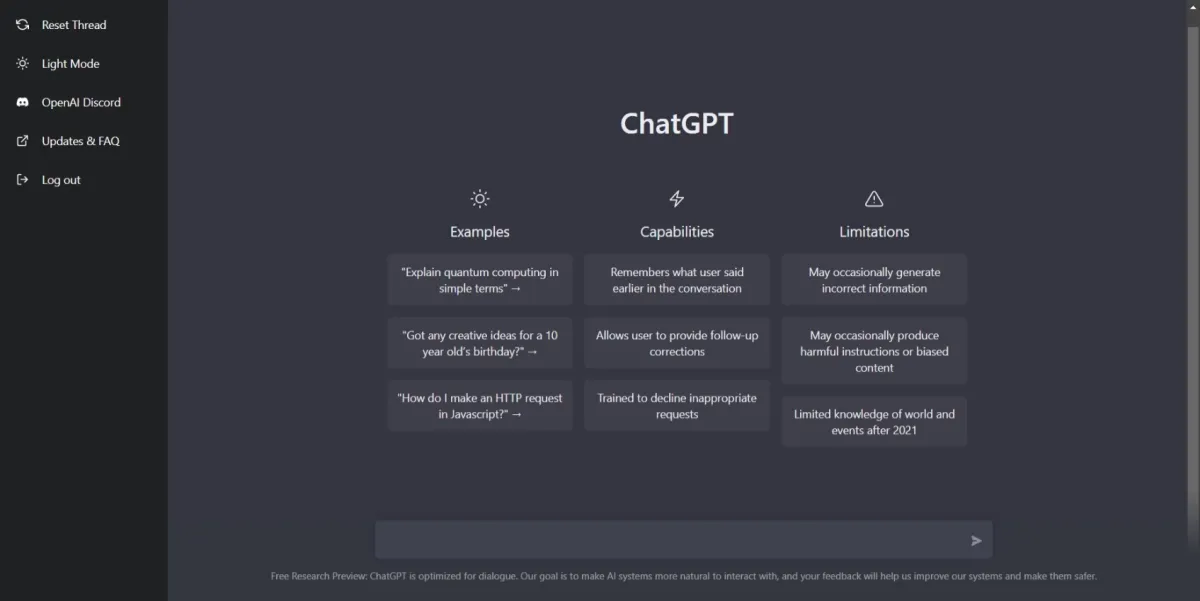
Alt Text:
- Google’s Bard
- General AI chatbot
- Accessible in any browser upon sign-in
- Free to access
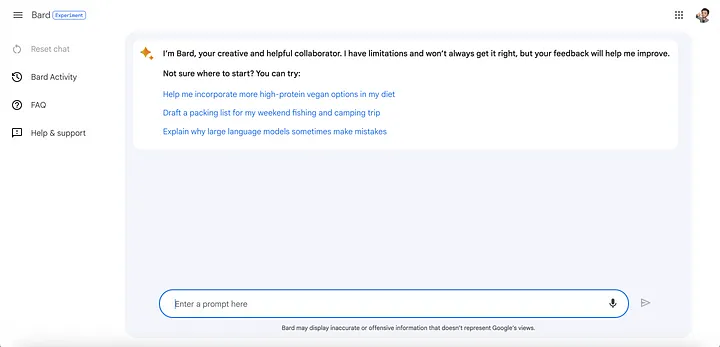
Alt Text:
- Microsoft Bing Chat
- General AI chatbot
- Built into the Microsoft Edge sidebar
- Free to access
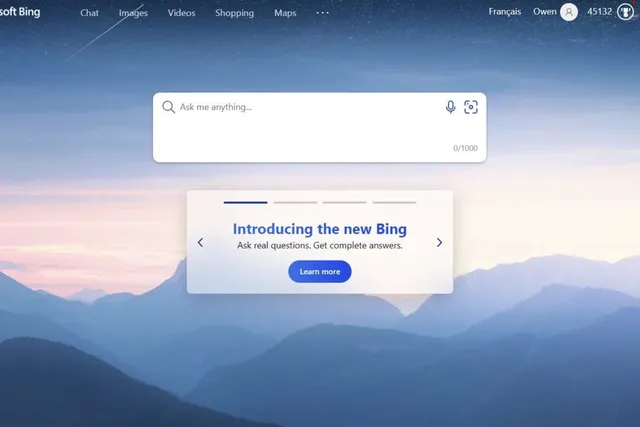
Alt Text:
Chatbots Geared Towards Academia
Specialized chatbots designed for academia can help researchers with literature searches, organizing papers, and managing citations, making research workflows smoother.
- Elicit
- Academic AI chatbot, nicknamed an “AI research assistant”, geared towards finding relevant papers without perfect keyword matches, summarizing papers, extracting data, and synthesizing your findings
- Free entry level pricing tier
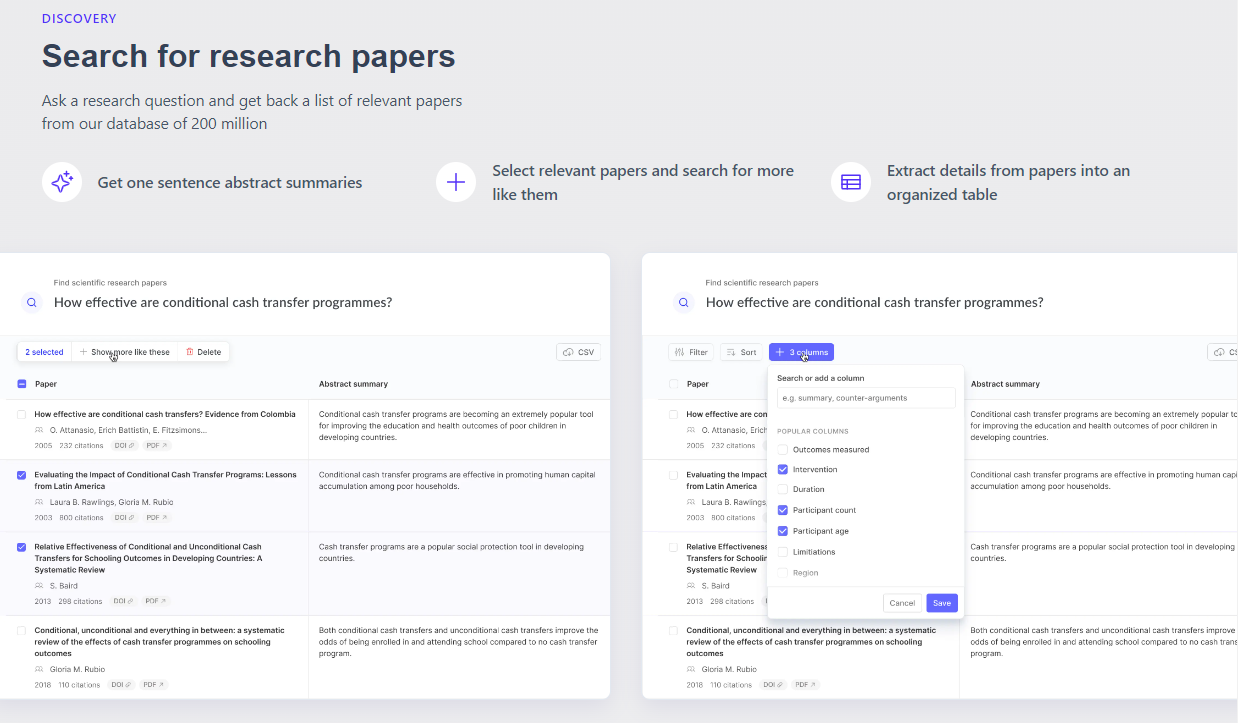
Alt Text:
- ChatPDF
- A PDF AI like a chatbot specifically for summarizing and answering questions based on uploaded PDFs
- Upload paper PDFs, get short summary of paper, get examples of questions that could be answered on the full article, start asking it questions
- Appears to be free
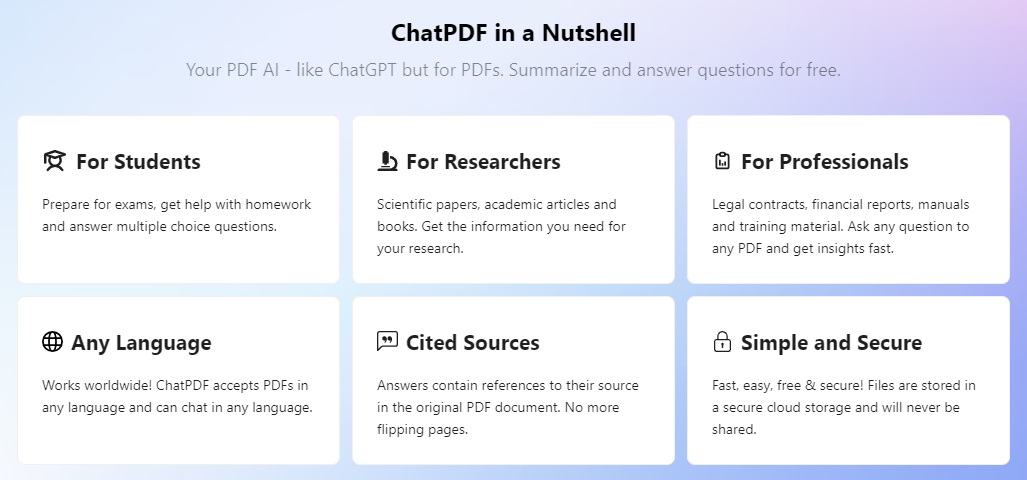
Alt Text:
Literature Review
AI tools for literature review quickly scan and summarize large amounts of text, saving researchers time and effort.
- Scite.AI Assistant
- Helps you find, read, and understand scientific literature
- Free trial period, but requires a monthly or yearly plan for regular use
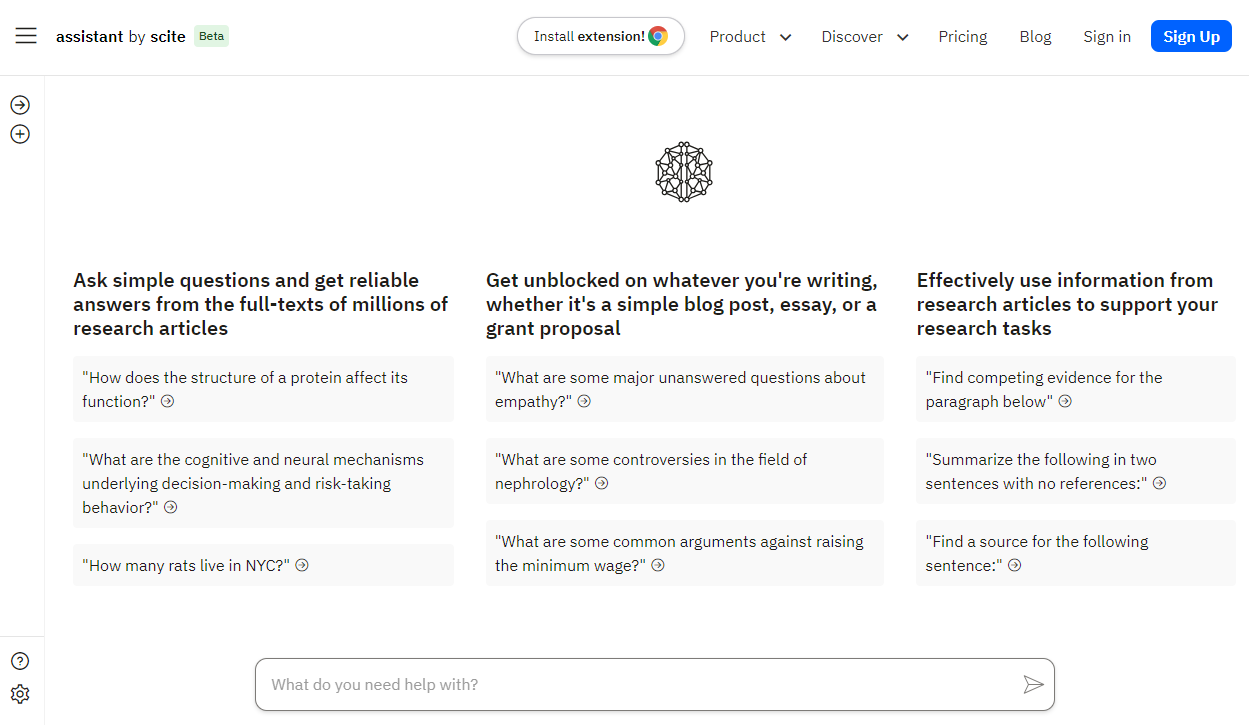
Alt Text:
- SciSpace
- Supposedly helps you with manuscript submission, peer-review, and publication process
- Free basic access available with several paid tiers for individuals and reseach teams
- Free Chrome extension available
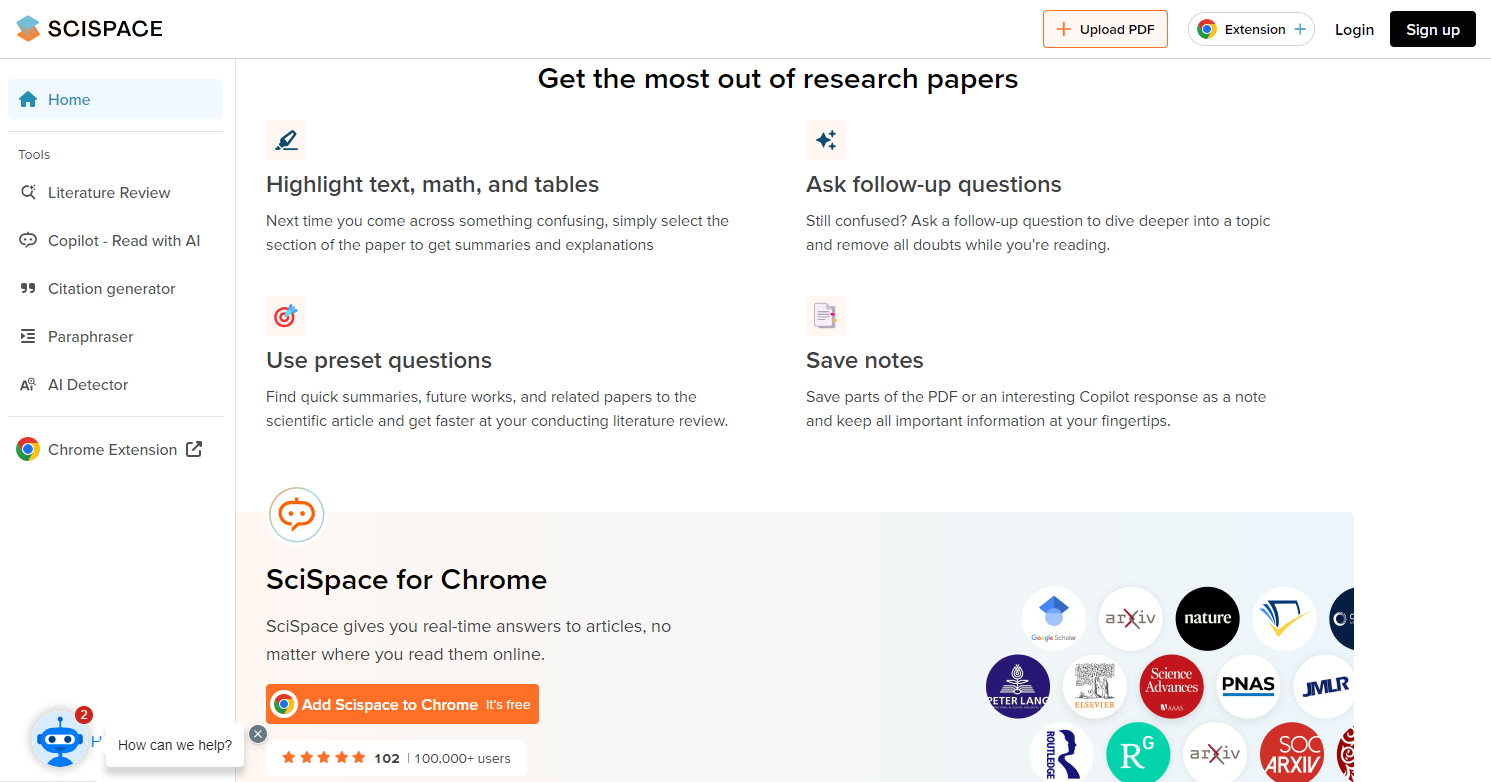
Alt Text:
- Research Rabbit
- FREE site that “fast-tracks” your literature reviews; called the “Spotify of research” which allow users to add papers to “collections” so the recommender system can learn the user’s interests
- Features interactive graph-based search of connected paper/author networks and includes Zotero integration
- References
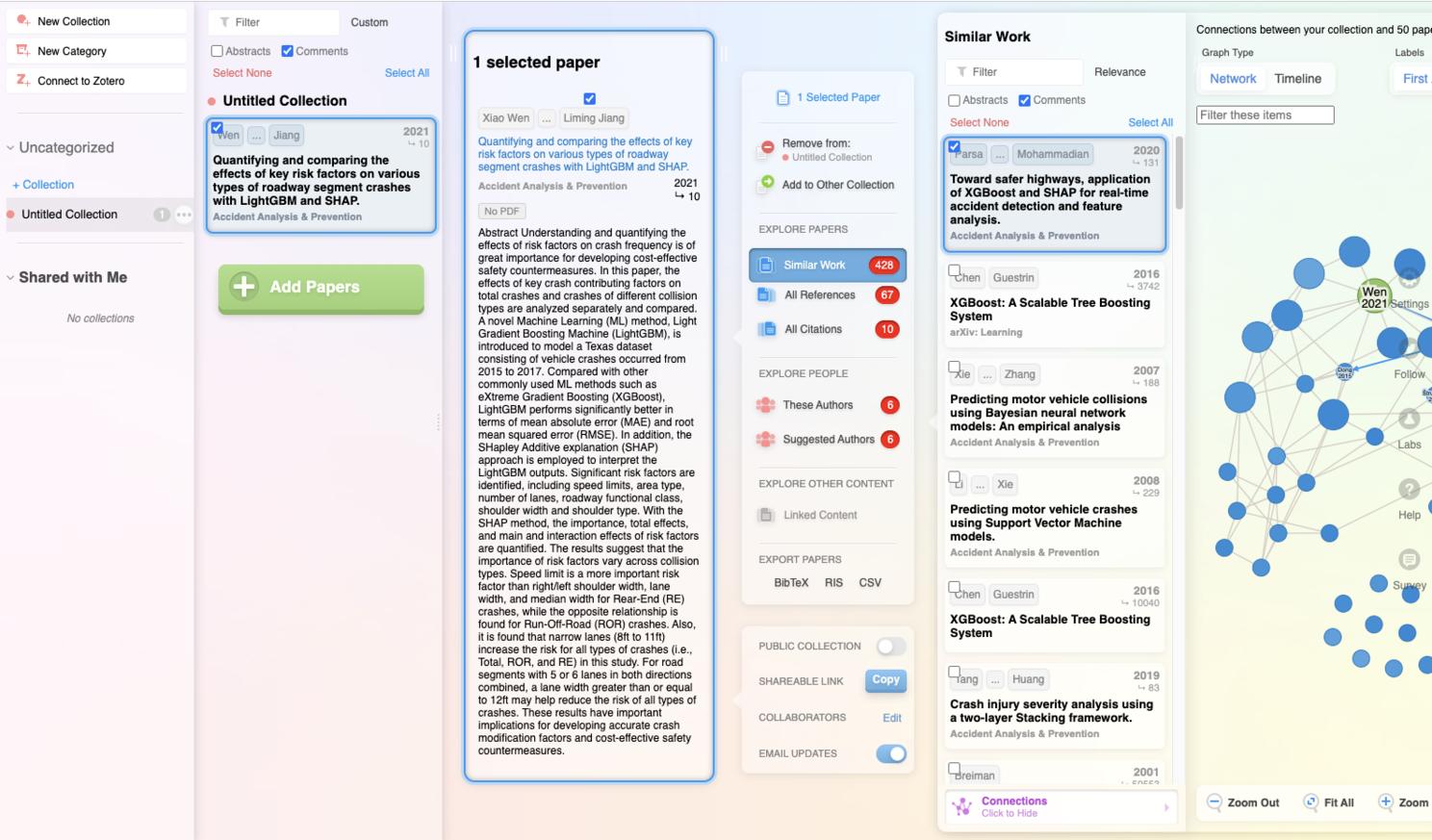
Alt Text:
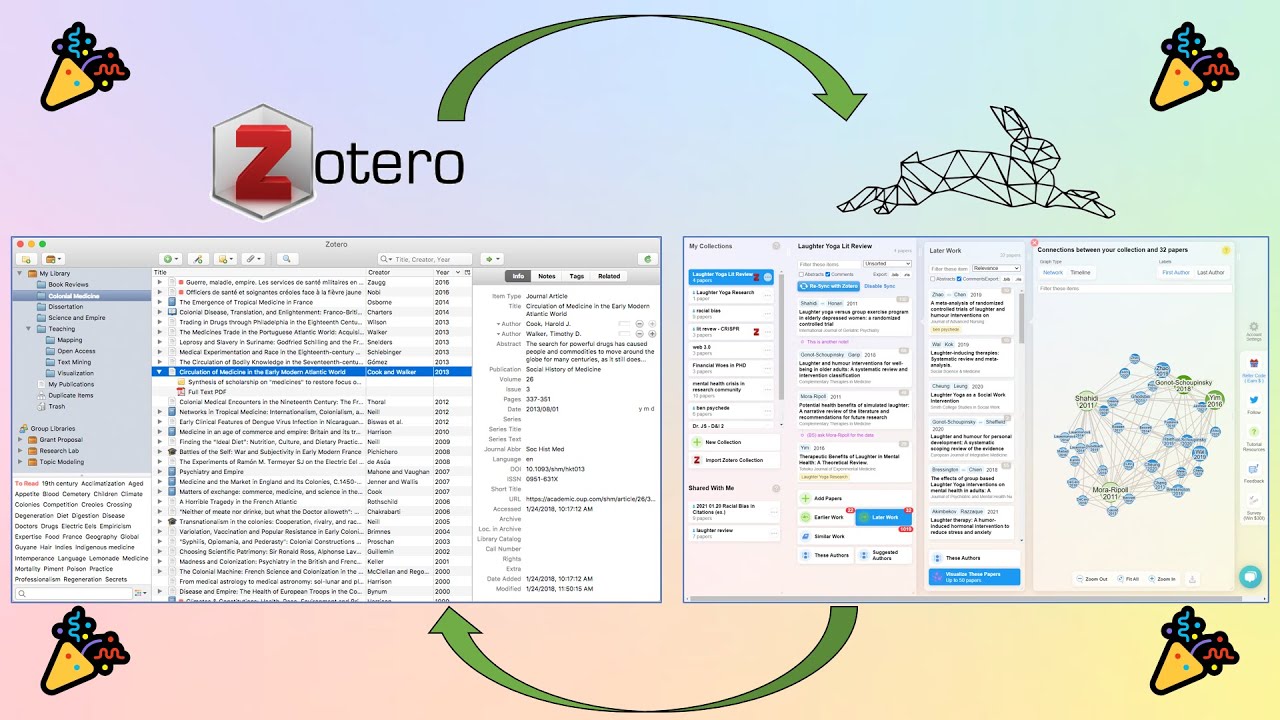
Alt Text: (Source: Youtube)
Gauging Research Consensus
AI-driven sentiment and content analysis tools help researchers identify common themes, controversies, and emerging trends in research.
- Consensus
- “If ChatGPT and Google Scholar got married, their child would be Consensus”
- Consensus looks like most search engines but what sets it apart is that you ask Yes/No questions, to which it provides answers with the consensus of the academic community.
- Several pricing tiers, including a basic free version
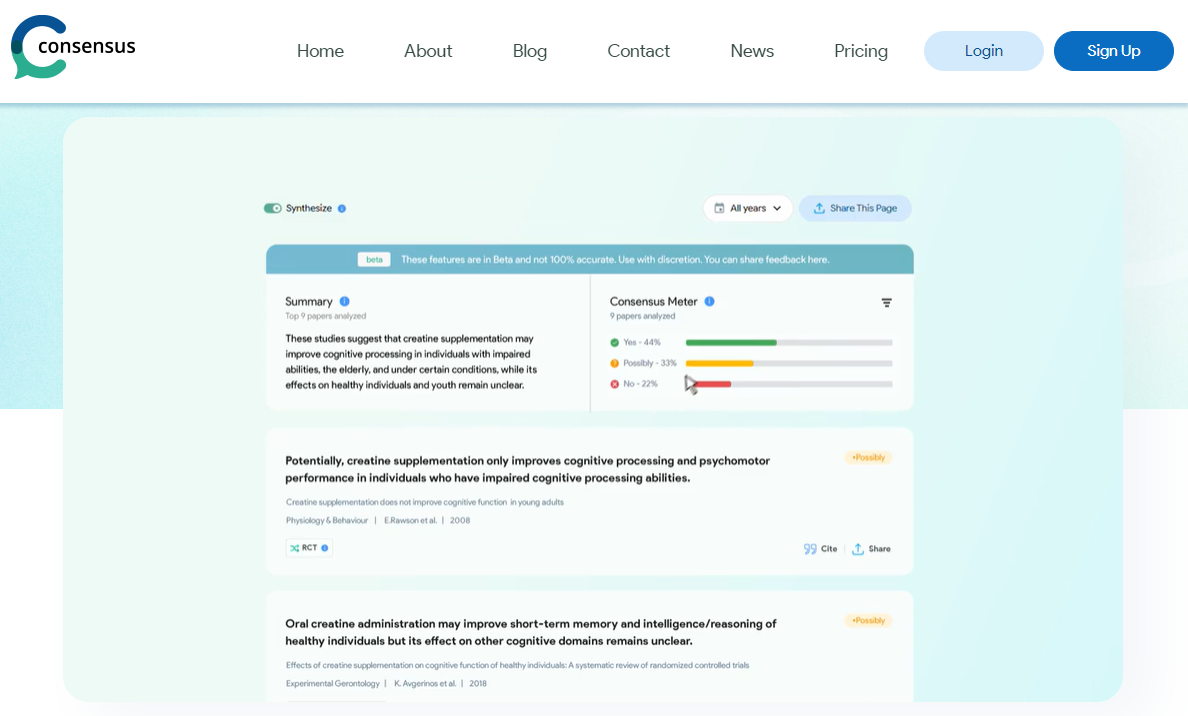
Alt Text:
AI-Powered Flowchart Tool
There is a recently launched tool from Zapier which aims to help its users plan and diagram processes in flowcarts. The AI-component will enable users to describe a problem they’re trying to solve and the service will generate a process of steps for you, either simple or elaborate. Canvas is available in early access.
Read more on TechCrunch: (Sept 2023) Zapier launches Canvas, an AI-powered flowchart tool
References
- LinkedIn: My favorite tools for managing, organizing, and reading research papers
- AnalyticsInsight: Top 10 AI Tools for Academic Research
- Blogpost: Top 7 Artificial Intelligence (AI) Tools in Scientific Research
- Euronews.next: The best AI tools to power your academic research
- Enago Academy: Best AI Tools To Empower Your Academic Research
- Scholarcy: The 5 Best AI Tools for Postgraduate Research